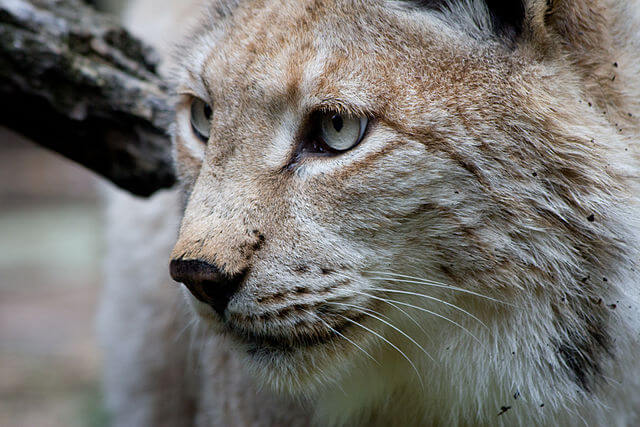
A new touring exhibition organised by The Missing Lynx Project invites public opinions on reintroducing lynx to the UK.
This partnership, which includes Northumberland Wildlife Trust, The Lifescape Project, and The Wildlife Trusts, suggests that areas spanning Northumberland and adjacent parts of Scotland could sustain a lynx population.
Historically prevalent across the UK, lynx disappeared during medieval times due to fur hunting.
Previously, attempts by Lynx UK to reintroduce these wildcats into Kielder Forest were not approved by the government.
Mr. Pratt views this exhibition as the beginning of a broader dialogue on the matter.
“We want people to come along to the exhibition and to find out if people like the idea of lynx being reintroduced and whether they would back a proposal,” he said.
“We’ve lost so much wildlife, and the jigsaw of life is really quite broken, so bringing back species like beaver and lynx could really help restore nature,” he added.
The reintroduction of lynx has seen success in several European countries including Germany, Switzerland, France, Italy, and Slovenia.
Although their primary diet consists of deer, concerns have been raised by the National Sheep Association (NSA) regarding potential risks to sheep.
Chief executive Phil Stocker said: “We do want to support biodiversity alongside productive farming but any reintroduction of lynx has welfare implications for sheep and an economic cost for farmers.
“However, we do welcome this group’s approach in that they clearly want farmers to be part of the conversation.”
The exhibition will be held at various venues such as Kielder, The Sill, and Hexham, with free admission. Tickets can be reserved online.
——————————————————————————
At Natural World Fund, we are passionate about stopping the decline in our wildlife.
The decline in our wildlife is shocking and frightening. Without much more support, many of the animals we know and love will continue in their decline towards extinction.
When you help to restore a patch of degraded land through rewilding to forests, meadows, or wetlands, you have a massive impact on the biodiversity at a local level. You give animals a home and food that they otherwise would not have had, and it has a positive snowball effect on the food chain.
We are convinced that this is much better for the UK than growing lots of fast-growing coniferous trees, solely to remove carbon, that don’t actually help our animals to thrive.
This is why we stand for restoring nature in the UK through responsible rewilding. For us, it is the right thing to do. Let’s do what’s right for nature!
Donate today at https://naturalworldfund.com/ and join in the solution!

